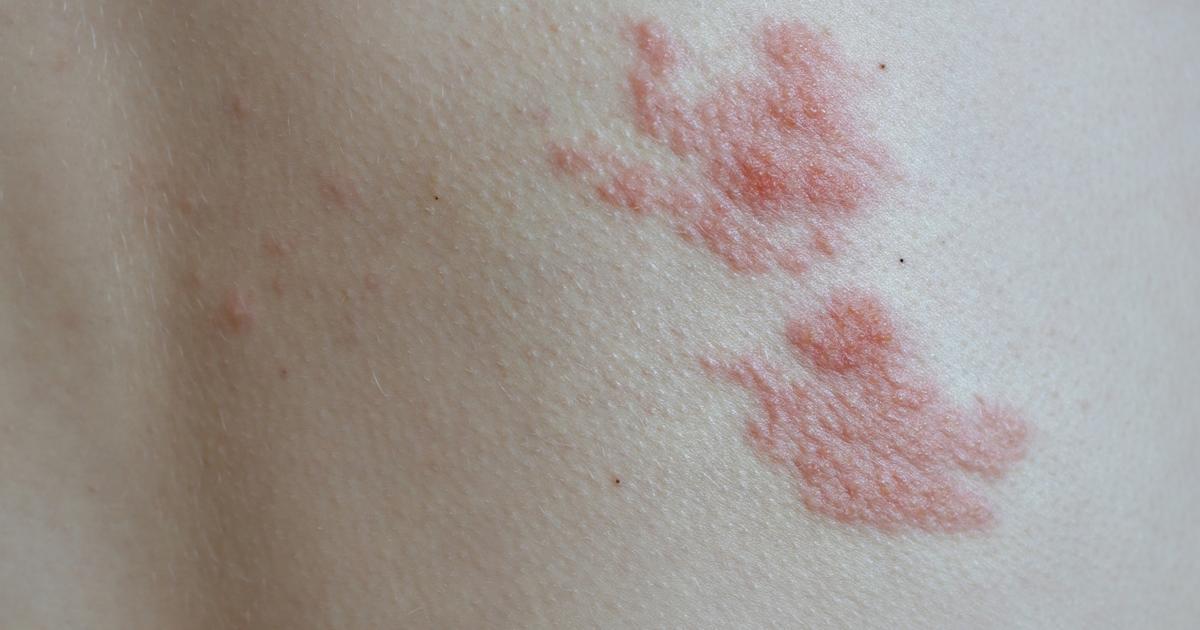

Dr. M. Barry Stokes, MB, BCH
Pathologist | Anatomic Pathology & Clinical Pathology
622 W 168th St Ph 1564w New York NY, 10032About
Michael B. Stokes, MBBCh, is a renal pathologist who diagnoses and treats patients at Columbia University Medical Center in New York, NY. Furthermore, he is a Professor of Pathology and Cell Biology at Columbia University Medical Center, which he joined in 2002. As a pathologist, he interprets and diagnoses the changes caused by disease in tissues and body fluids. Moreover, he has an impressive professional journey that spans twenty-five years. His area of clinical expertise is renal pathology, which is a subspecialty of anatomic pathology concerned with the diagnosis and characterization of medical diseases (non-tumor) of the kidneys. Prior to his current endeavors, Dr. Stokes was an attending renal pathologist and assistant professor at NYU Langone Medical Center.
Education and Training
UNIVERSITY COLL OF DUBLIN 1989
Board Certification
American Board of Pathology
PathologyAmerican Board of PathologyABP
Provider Details
Expert Publications
Data provided by the National Library of Medicine- Necrotizing angiitis of the small intestine related to AA-amyloidosis: a novel association.
- A rare cause of posttransplantation nephrotic syndrome.
- The diagnosis of minimal change disease in diabetic nephropathy.
- Acute oxalate nephropathy due to ethylene glycol ingestion.
- Post-transplantation nephrotic syndrome.
- Immune complex glomerulonephritis in patients with hepatitis C.
- Renal functional, not morphological, abnormalities account for salt sensitivity in Dahl rats.
- Acute spinal cord compression caused by disseminated Nocardia infection involving the conus medullaris.
- BCL6 is required for differentiation of Ig-like transcript 3-Fc-induced CD8+ T suppressor cells.
- Multinucleated podocytes: a diagnostic clue to cystinosis.
- Henoch-Schönlein purpura presenting with anuria in an adult.
- Successful application of a PressureWire retrogradely across an ATS prosthetic aortic valve to diagnose constrictive pericarditis.
- Asystole following complex partial seizures.
- ASN clinical pathological conference. Tenofovir-related ATN (severe).
Areas of expertise and specialization
Faculty Titles & Positions
- Professor of Pathology and Cell Biology Columbia University Medical Center 2002 - Present
Fellowships
- Washington University Medical Center Renal Pathology
Fellowships
- Washington University Medical Center0Renal Pathology
Dr. M. Barry Stokes, MB, BCH's Practice location
Practice At 622 W 168th St Ph 1564w
622 W 168th St Ph 1564w -New York, NY 10032Get Direction
Dr. M. Barry Stokes, MB, BCH's reviews
Write ReviewRecommended Articles
- How Does Dengue Fever Spread?
Dengue Fever is Caused by a VirusDengue fever is a viral disease common to tropical and subtropical countries where the weather is hot and humid for long stretches of the year. There are four strains of the virus - all belonging to the same family - that infect humans with dengue fever. A fifth...
- Is Shingles Contagious? How Do You Get Shingles?
Shingles is a contagious viral infection that is caused by the varicella zoster virus, the same virus that causes chickenpox. This virus affects a particular nerve section, causing painful rashes on the skin connected to that particular nerve. The rash normally appears in a form of a band on any...
- Different Types of Physicians Explained
Doctors or physicians are categorized according to different factors including medical specialties and subspecialties. Most doctors specialize in a specific area of medicine. This article provides a summary of the different types of doctors in the medical field. AllergistsAllergists are also...
- Are There Vaccines Available For Cholera?
What Is Cholera?Cholera is an infectious disease that affects mostly the intestines, but causes complications to the rest of the body. Once a person suffers from cholera, the first parts of the body to be affected are the intestines. It is an infection caused by a bacteria known as the Vibrio...
- How to Prepare for a Biopsy
A biopsy procedure is a very important procedure, which is used to identify the underlying cause of your abnormal body tissues. Depending on your condition and the location of the tissue abnormality, different types of biopsies may be performed on you. A biopsy preparation, therefore, depends on...
- What is Dengue Hemorrhagic Fever?
Dengue fever is a more common and typical viral disease spread largely through the Aedes Aegypti mosquito and to some extent by the Aedes Albopictus mosquito. Initially rampant in more tropical and temperate countries, the disease gradually spread to other zones as populations started migrating to...
Nearest Hospitals
LINCOLN MEDICAL & MENTAL HEALTH CENTERl
234 EAST 149TH STREET BRONX NY 10451HARLEM HOSPITAL CENTERl
506 LENOX AVENUE NEW YORK NY 10037




